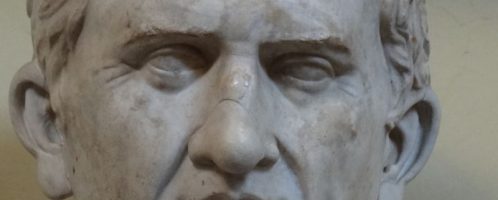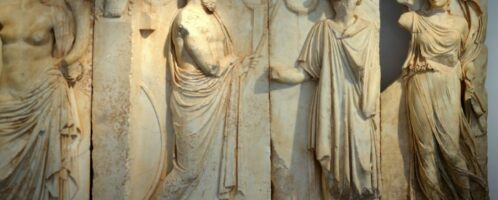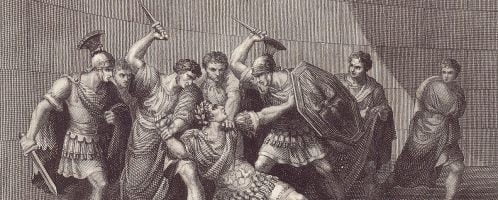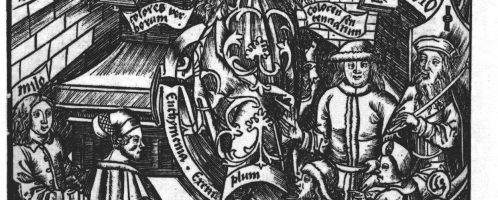What was Marcus Tullius Cicero really like?
Marcus Tullius Cicero is considered a great politician, thinker, philosopher, lawyer, and above all a speaker and defender. His main occupation was defence and prosecution before Roman courts. Without even realizing it, many repeat his sayings or famous parems, and young lawyers learn to speak from his speeches.










